How Legal Cannabis is Changing Michigan's Educational Scene

In recent times, the discourse surrounding the legalization of marijuana has gained prominence, particularly as states like Michigan witness burgeoning sales at legal cannabis dispensaries. While advocates of the movement emphasize the robustness of sales controls, concerns persist, especially regarding the accessibility of legally purchased marijuana to the younger generation.
A Shift in Students' Perception
A visit to Hazel Park High School in Michigan painted an interesting picture. Junior Landon Schlack and senior Dayanna Reed, among others, commented on the noticeable shift in students' attitudes towards marijuana. With the emergence of dispensaries at nearly every corner in Michigan, the ease of accessibility is undeniable. Although Schlack and Reed personally abstain, they've observed frequent 'pot parties' amongst their peers.
Driving through Michigan, it's hard to miss the numerous billboards advertising cannabis. For instance, Hazel Park alone boasts of eight active cannabis stores, with a ninth one soon to be operational.
Addressing Cannabis in Educational Institutions
The ripple effect of this growing cannabis culture has penetrated school environments. In a bid to combat this, Hazel Park High School has implemented vaping sensors in bathrooms, designed to detect THC, marijuana's psychoactive component. When activated, these sensors alert security teams, leading to immediate action.
Yet, with the evolving forms of marijuana, detection isn't always straightforward. School Resource Officer Detective Xavier Piper highlighted the challenges, especially with detecting marijuana scent on students who reside in homes where cannabis is used legally.
In terms of incidents, Principal Tammy McHenry reported a rising trend. The school recorded 23 marijuana-related incidents in 2021 and 29 in the following year. In the current year, as of September, there have already been six cases. Projections suggest a potentially significant increase by year-end.
A Mixed Picture Nationwide
While Michigan grapples with these challenges, broader studies from reputable sources such as the National Institutes of Health and the Journal of the American Medical Association present a nuanced view. Some findings indicate either a negligible effect or even a decline in youth marijuana consumption post-legalization.
Considering other states, since Colorado's inaugural retail cannabis store opened approximately a decade ago, the state's Department of Education noticed fluctuating trends in school suspensions linked to marijuana. Concurrently, California's Department of Education has reported a decrease in student cannabis usage since its 2016 legalization.
Local Discipline Measures and Need for More Resources
Back in Michigan, amidst the apparent rise in cannabis usage among students, stringent disciplinary measures are in place. A 10-day suspension awaits Hazel Park students caught using, followed by an intensive review process determining their readmission.
Despite these repercussions, and even after witnessing peers adversely affected by potent cannabis strains, many students persist. This trend underscores the need for more comprehensive educational programs, akin to past initiatives targeting alcohol abuse.
Interestingly, the relationship between Hazel Park Schools and cannabis business proprietors is harmonious. The latter actively contributes to community welfare. Furthermore, a federal grant has recently been secured by Hazel Park, aiming to enhance marijuana-centric educational initiatives for students.
Share this article:
Spotted a typo, grammatical error, or a factual inaccuracy? Let us know - we're committed to correcting errors swiftly and accurately!

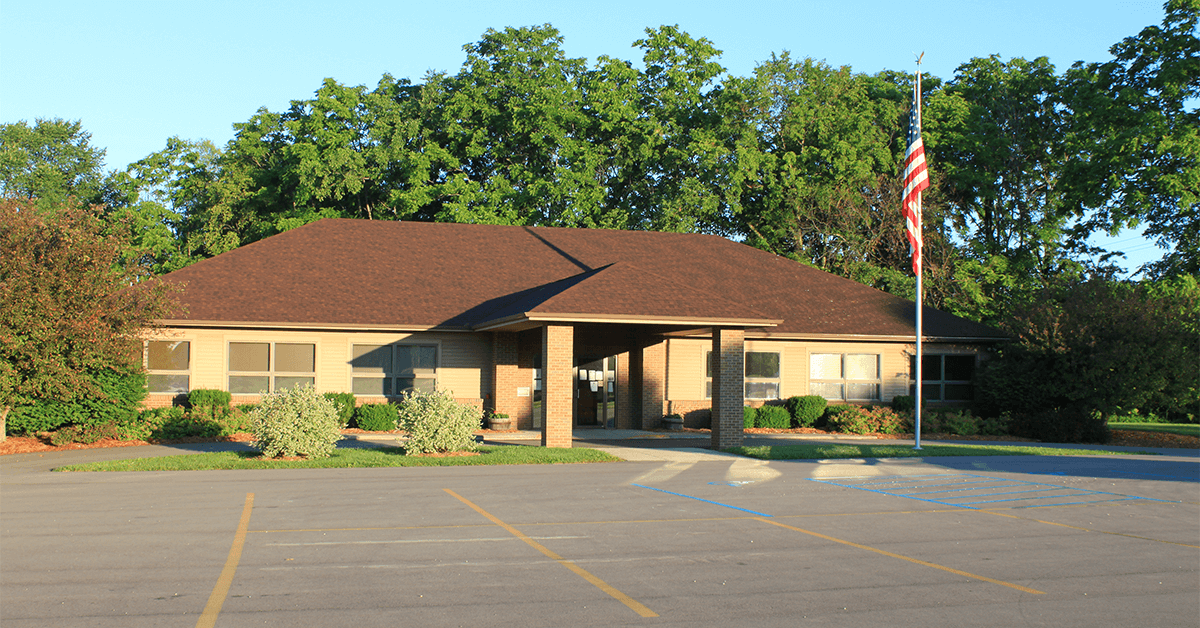
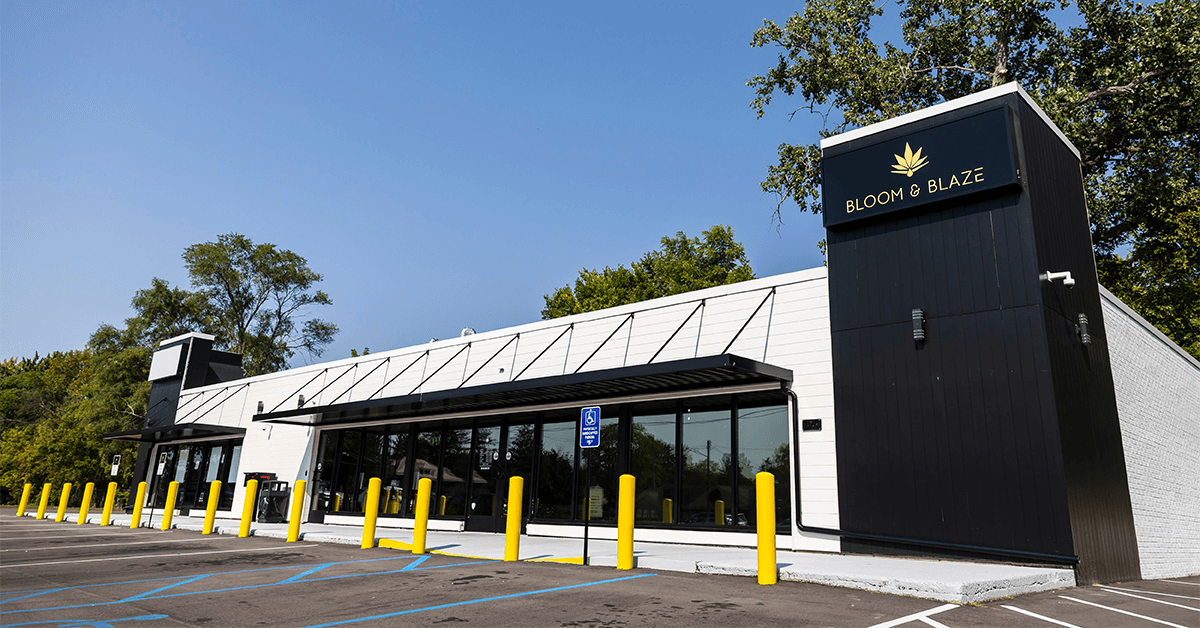
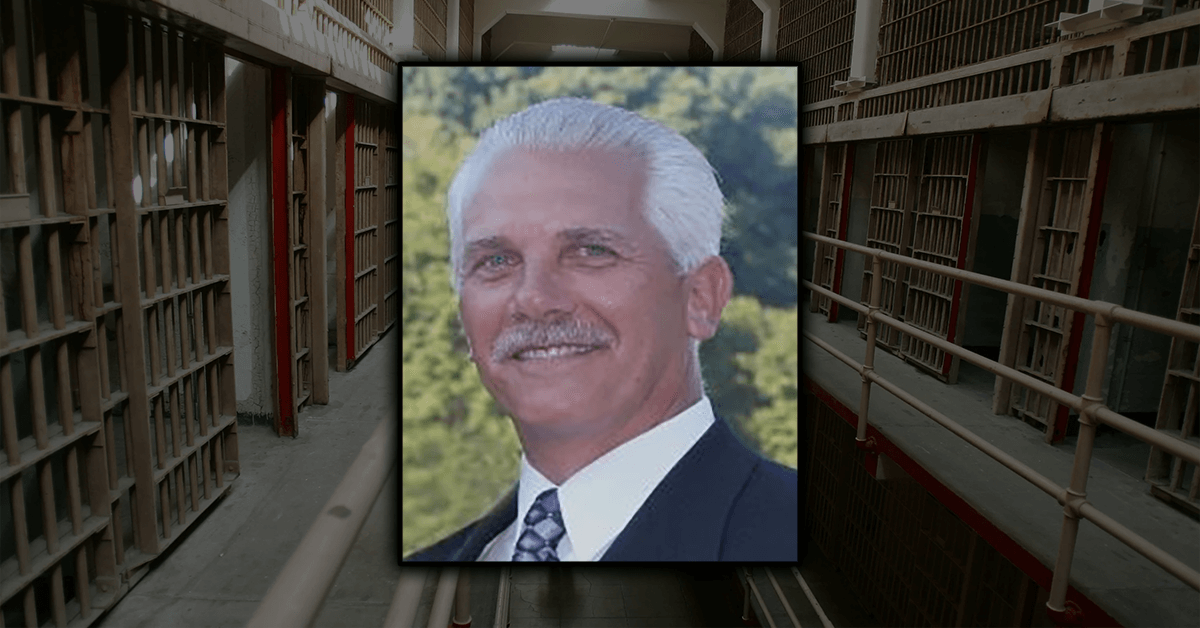
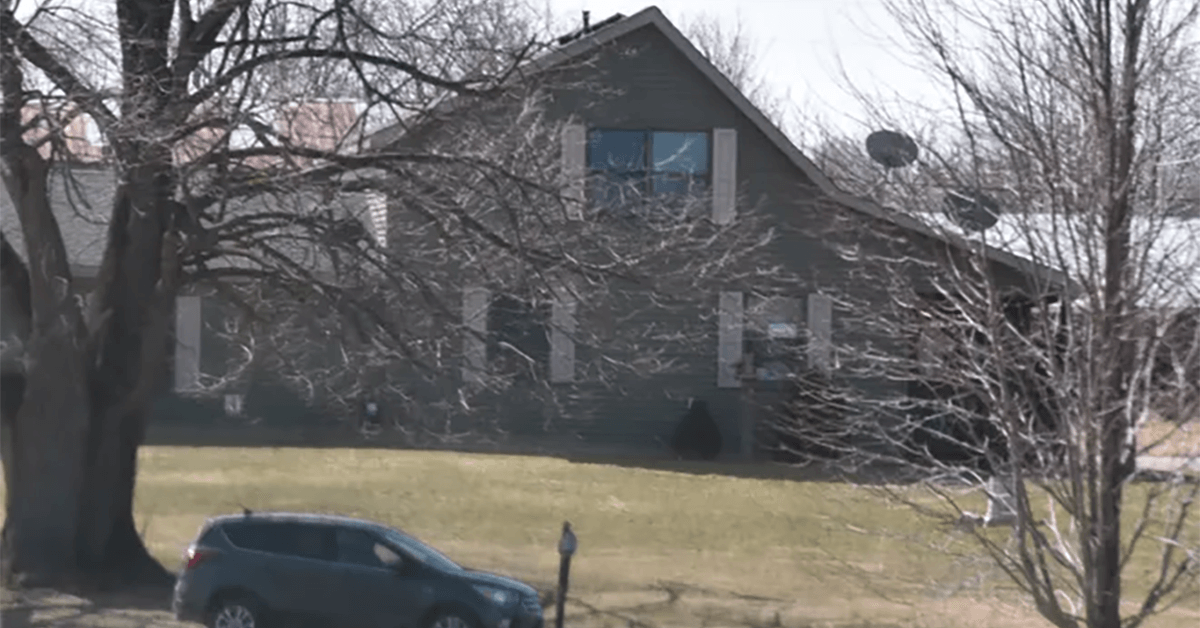
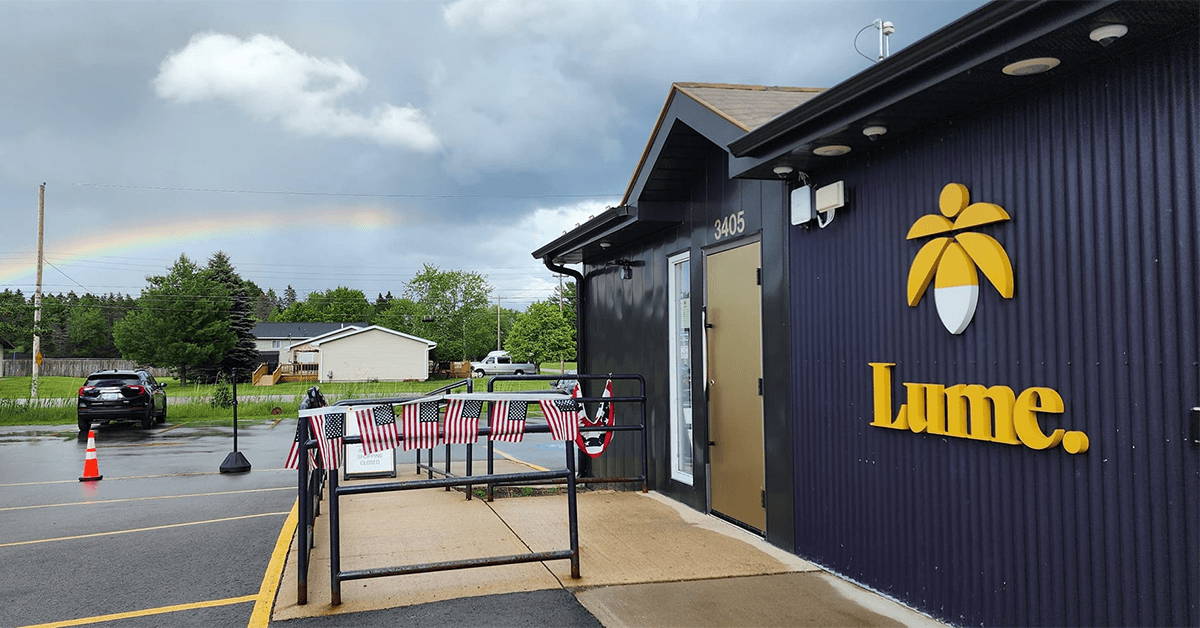


 Helpful Links
Helpful Links